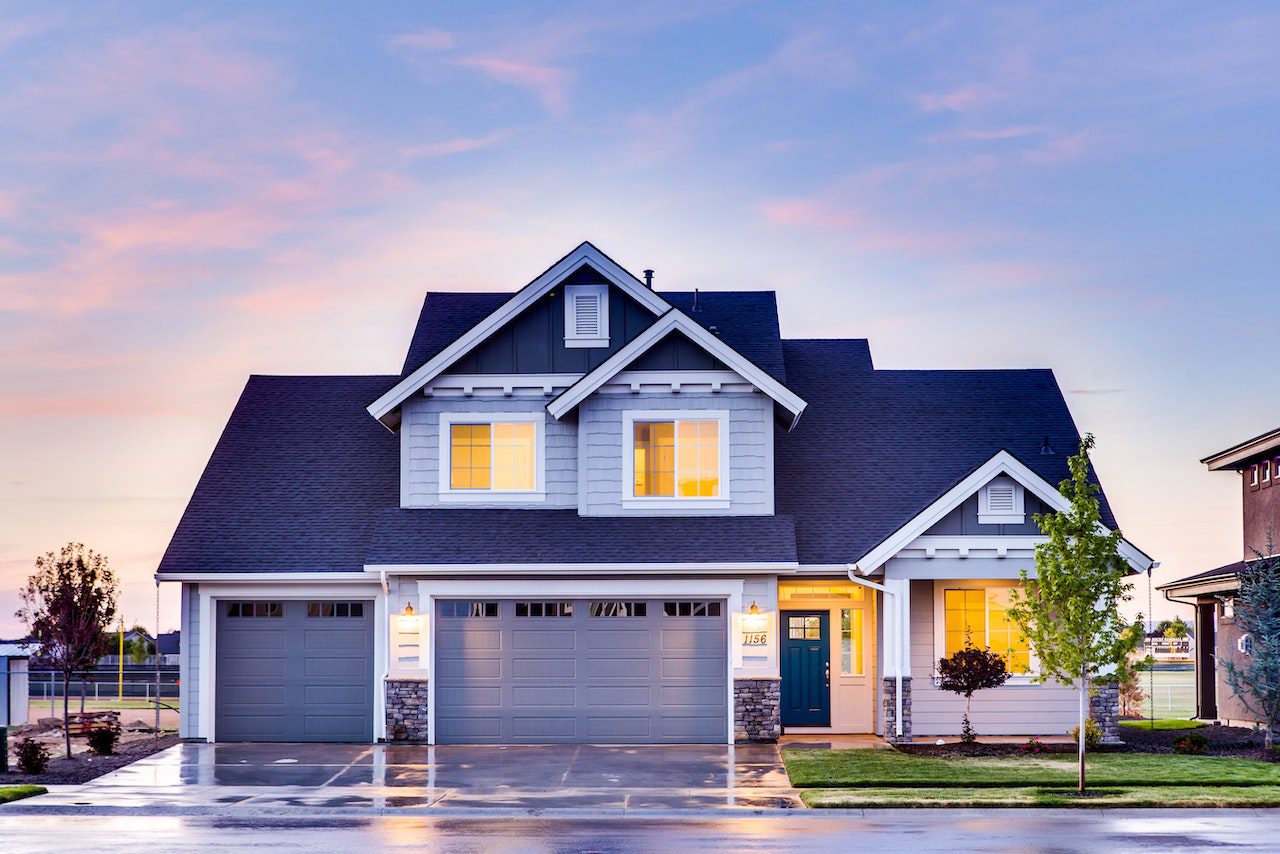9 Ways to Increase Your Home’s Value
A home is a valuable and often the most expensive investment for most people in their lifetimes. As an investment, you want to get the best return on it if or when you sell it. The good news is that most homes generally increase in value, provided they’re well-maintained.
While maintenance is an important aspect of home ownership, there are other, more effective ways to maximize the value of your home. By implementing these strategies, you can ensure you receive the best possible price when you list it on the market. This is crucial, as the proceeds from the sale can be used to purchase another home or invested in a specific project or business venture.
Most homeowners think that a home remodeling or renovation can help them boost their property’s value, and they are right. However, heedlessly renovating your entire home will burn a large hole in your pocket while not necessarily increasing your home’s value as much as you anticipated.
Thus, move forward with a proper plan in place. It’s important to understand that large and small renovation or remodeling projects can increase your home’s value if done correctly. For instance, installing an in-ground pool might cause its price to skyrocket. However, you can also expect a decent return on investment by upgrading your windows or getting a shower replacement for your bathroom. Especially if you’re trying to sell your home in the near future, these minor improvements can make a huge difference. And, no matter how small or large the project is, always consider energy efficiency. This can shave off huge chunks of your utility costs while also increasing your home’s resale value.
Let’s discover the most effective ways to boost your home’s value.
1. Add Usable Living Space
One of the most obvious ways to boost your home’s value is by increasing its livable space. After all, a home’s valuable living space is one of, if not the most important factor, when determining price. This statement is particularly true in areas where ample living space is valuable and rare, like New York City or Los Angeles.
However, please remember that adding usable living space is expensive and might require obtaining planning permission.
2. Lower Your Home’s Utility Bills
Utility bills can cost owners considerably in monthly expenses, particularly for larger and more opulent houses. Making your home more energy-efficient effectively lowers utility bills, making it more valuable on the market.
Your options are nearly endless. You can replace old windows with newer designs to lower your utility bills. In addition, purchasing energy-efficient appliances and adding more insulation can also make your home more energy-efficient. Simple installations such as a smart thermostat can also significantly lower bills.
3. Make It Look More Appealing
First impressions matter. Prospective homebuyers are less likely to pay the listed price for your home if its paint is falling off or the exterior looks outdated. Therefore, ensure your home looks visually appealing by painting it.
If your home is a relatively newer build, you might only need to paint a room or door. You can also do it yourself, saving on labor costs.
4. Doors Play a Role
In addition to making your home look more visually appealing with a fresh paint job, consider investing in your doors. An old, creaky front door will lower your home’s value, and replacing it is a good idea.
Similarly, research shows that investing in your garage doors is crucial because it can yield a 102 percent return on investment.
5. The Kitchen Is the Main Space
Many homebuyers and homeowners consider the kitchen the main space in their home. After all, a kitchen is one of the central features of a home. A home with a kitchen that maximizes space sells for a higher price.
Completely revamping and remodeling your kitchen might seem like the best way to approach this situation. However, research shows it’s not the most effective way because it requires considerable capital, and your home’s value won’t increase as much. According to research, complete kitchen remodeling costs $80,000 on average but only increases home value by $60,000. Thus, opting for minor remodeling might provide a better return on investment.
6. Add More Amenities
Another way to increase your home’s value is by adding more amenities. For instance, an in-ground pool can raise your home’s market value. Go the extra mile by pairing it with an outdoor kitchen or bar; your home’s value might rise by double-digits. Choosing the right amenities for your area is crucial. For instance, an in-ground pool will yield a lower bump to your home’s value in a place where the weather is too cold for swimming half the year.
While in-ground pools and outdoor kitchens are more costly to install, you can also opt for cheaper amenities such as a luxury showerhead or a Jacuzzi.
7. Staging Is Crucial
You could ensure your home is professionally cleaned with a new coat of paint and all the amenities in the world. However, if it’s not staged appealingly, then customers will be less impressed with all the amenities, meaning they’ll pay less for it.
Research corroborates this statement. A Real Estate Staging Association (RESA) survey found that staged homes sell quicker than non-staged homes, spending nine fewer days on the market on average.
8. Get Professional Cleaning
If you’re selling your primary residence, ensure your home is clean and decluttered. Clutter can particularly make your home look less spacious, affecting home value. While you can declutter and clean your home yourself, investing in professional cleaning before staging it is a better idea.
9. Focus on the Curb
Curb appeal can have a considerable effect on your home’s value. A joint study by the University of Texas at Arlington and the University of Alabama found that curb appeal accounts for up to seven percent of a home’s value. Therefore, ensure a professional has powerwashed your driveway, cleaned the windows, and mowed the lawn before selling. You can also enhance curb appeal by making landscaping upgrades, such as introducing shrubbery or plants.
Conclusion
As previously mentioned, a home is an investment. Whether you’re selling your primary or secondary residence, you’ll want to ensure you get a good return on investment. Thus, you’ll want to increase your home’s value before selling it. Utilizing professional cleaning, adding amenities, increasing living space, and properly staging it can help boost your home’s value on the market.












Leave a Reply
Want to join the discussion?Feel free to contribute!